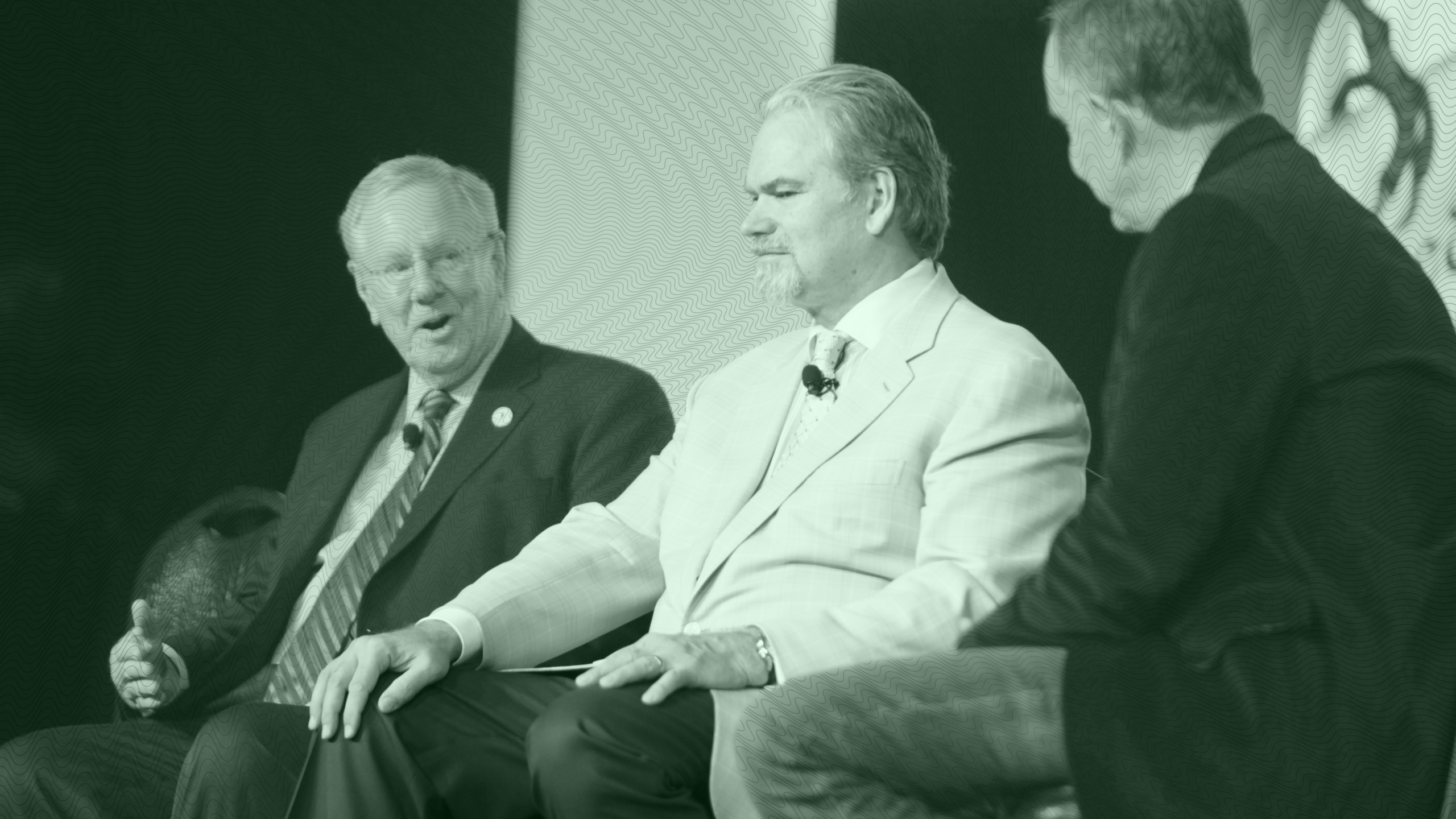Rob Arnott on Deep Value and ‘Running Towards Lions’
The founder of Research Affiliates said serving clients means helping them not do incredibly stupid things.
Sign up for market insights, wealth management practice essentials and industry updates.
Coming off a bad break-up? Famed investor Rob Arnott is here to help.
The founder of Research Affiliates, and an early pioneer in smart beta investing, Arnott launched a new index fund last year that attempts to turn underperforming stocks — that were literally kicked to the curb by other indexes — into profitable investments. Called NIXT, the deep-value exchange-traded fund relies on cheap valuations and poor recent performance of deleted stocks to find the best deals. While his ETF has returned a pedestrian (-5.37)% since its launch date in September, Arnott and his fellow researchers have found investors in a specific portfolio of dumped stocks would have seen their wealth grow 74 times from 1991 to the end of 2023.
“Index funds are thought to be passive — except where they add or drop stocks,” Arnott told Advisor Upside. “And, there, they are relentlessly active.” By adding stocks that are frothy and expensive, and dropping stocks that are cheap, indexes introduce an underlying, and very aggressive, growth tilt. Instead, NIXT favors the deleted stocks that have more room for future upside. Dating back to 1990, removed stocks actually beat traditional market benchmarks by more than 5% annually over the following five years, according to his research.
But Arnott is the first to admit that convincing clients to pull out of high-flying companies, like much of the famed Magnificent Seven, to diversify into cheaper alternatives is no easy task. “Aversion to pain, and to disappointment, is deeply embedded in the human psyche,” he said. “Our ancestors didn’t survive on the African plains by running towards lions.” Advisor Upside caught up with Arnott and his team on the sidelines of the Exchange conference in sweltering Las Vegas last week.
AU: What’s the advantage of buying deleted stocks?
RA: Deletions on average are less than half the market multiple, while the stocks you’re adding to the index — the stocks that the index funds are buying — are priced at six times the valuation. That’s a massive spread, and that was the genesis for the idea. So, we did all of this analysis and we found that deletions on average outperform the market over the five years after they’ve been deleted. On the other hand, additions lightly underperform until they’re a little less frothy. So, the opportunity is certainly there on the deletion side.
Why do you see so much opportunity in value?
Value is incredibly cheap today; small caps are incredibly cheap today; and small-cap value is unbelievably cheap today. Advisors can tell customers that value is phenomenally cheap, and you’ve made a lot of money in the so-called Magnificent Seven. Why don’t you redeploy a little bit of that? Let’s take 10% of your Mag 7 money this quarter and put it in deep value. If it goes against us — and it probably will for a while because we can’t pick when the turn will happen — next quarter, let’s do another 10%. Pretty soon, you’ve built up a nice-size position in a segment of the market that is phenomenally cheap. That can be a winning formula.
So, is it all about diversification?
It’s about diversification, and relative-valuation evaluation. One of our former colleagues named Jason Hsu was fond of saying that diversification is a “regret-maximizing” strategy. In a roaring, growth-dominated bull market, you will regret every penny you have in diversifiers. And when that market breaks, you’ll regret not having money in there. So, let’s brace yourself and put some money in diversifiers, and just put it out of your mind. Just say: As long as this market is on a roll, this is going to be a disappointing part of my portfolio. But it’s there for when the market breaks.
What can advisors take away from your investment philosophy?
The job of a financial advisor is to save the client from themselves. And clients relentlessly make two mistakes: performance chasing and impatience. People simply think they’re more patient than they are. But human nature conditions us to want more of whatever has felt good. And if something’s a bargain, it probably got there by inflicting pain and losses, and people don’t want what’s caused pain and losses. People also don’t want to sell what’s caused joy and profit. Asking clients to do something that is terribly uncomfortable is difficult.
For financial advisors, serving clients means helping the client not do incredibly stupid things. Errors that are bloody costly. Recent experience with the Mag 7 was wonderful, but in the last few weeks, not so much. If you buy the crash, buy the asset that’s dirt cheap, not the asset that’s gone from breathtakingly expensive to merely very expensive. Like I said, it goes against human nature, but if a financial advisor can encourage the client to just average into what’s really cheap and take modest profits on what’s really expensive, they’re doing their client a huge service.












